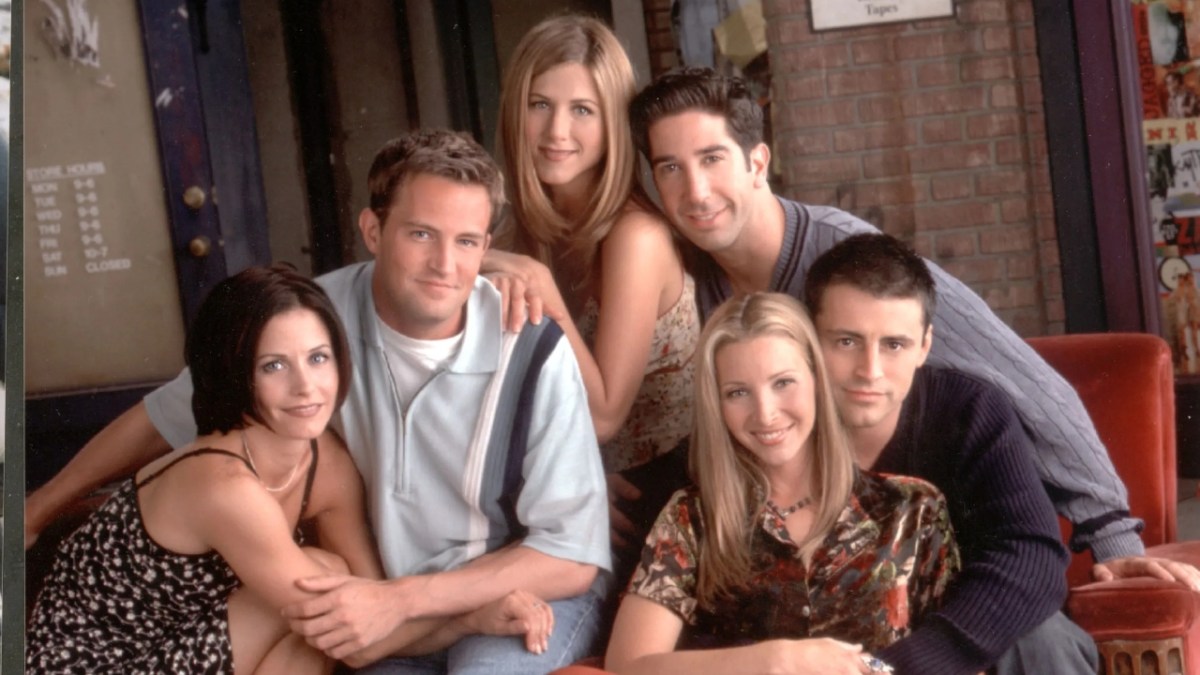
Image via NBC
Jennifer Aniston and the rest of the cast of the hit television show Friends became household names during the show’s ten-year run. The sitcom put the six titular friends in numerous hilarious scenarios, bringing fans a lot of laughter throughout their light-hearted journey through young adulthood. Over the years, the show’s popularity reached massive heights, and new generations have binged the show tonnes of times, and is still relevant and loved among the masses.
However, with a newfound understanding of social identities, inclusivity, and diversity, fans have often pointed out how Friends made several narrative errors when addressing the hot-button issues of today like race and sexual orientation. Of late, the show’s creators have been addressing these concerns and have cited that at the time, there was a lack of understanding of these societal concepts, as well as a different idea of exaggeration in comedy.
In a conversation with AFP (via The Hollywood Reporter), Jennifer Aniston addressed how comedy in today’s day and age has evolved to become more aware of sensitivities.
“Now it’s a little tricky because you have to be very careful, which makes it really hard for comedians because the beauty of comedy is that we make fun of ourselves, make fun of life. [In the past] you could joke about a bigot and have a laugh — that was hysterical. And it was about educating people on how ridiculous people were. And now we’re not allowed to do that.
She then made a specific reference to her show and said that a new audience is finding Friends offensive, given its approach to certain subjects. She pointed out that most of the show’s humor was never intended to be offensive:
“There’s a whole generation of people, kids, who are now going back to episodes of Friends and find them offensive. There were things that were never intentional and others … well, we should have thought it through — but I don’t think there was a sensitivity like there is now.”
Comedy in entertainment draws a lot of analysis nowadays. Audiences and creators alike remain divided on what constitutes a laughing matter. Many stand-up comedians have faced backlash over the subject matter of their jokes (Dave Chappelle being a key example) whereas others support the idea of jokes being taken for what they are.
Nevertheless, over the years since Friends, the approach towards writing comedy has changed a lot. Hopefully, we can eventually reach a point at which we all are in agreement over what is acceptable to make light of, and what isn’t.
Stay connected with us on social media platform for instant update click here to join our Twitter, & Facebook
We are now on Telegram. Click here to join our channel (@TechiUpdate) and stay updated with the latest Technology headlines.
For all the latest TV News Click Here

